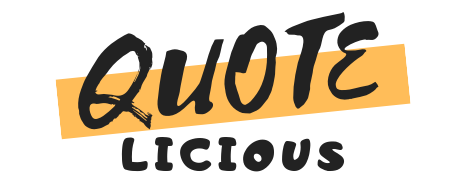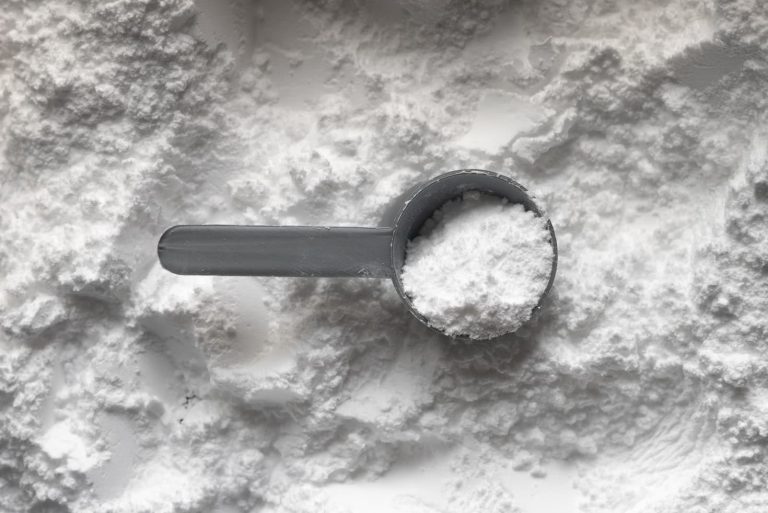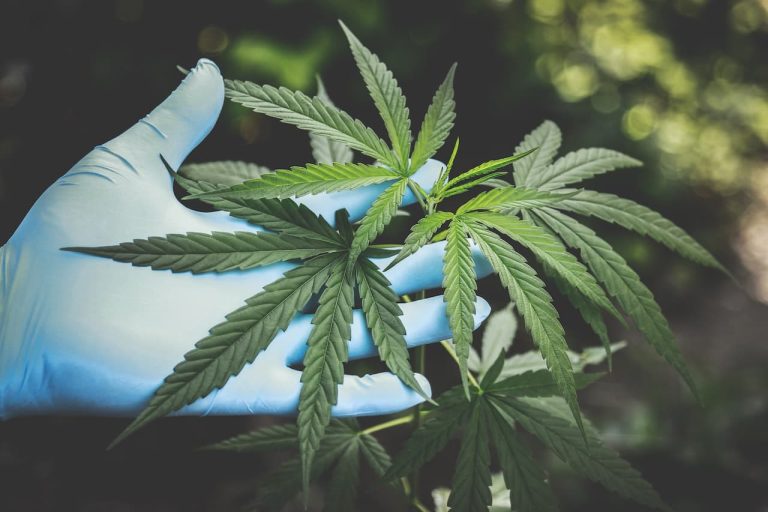What is drug addiction? Can a drug detox help?
Alcohol and other substances are used for a variety of reasons. Some people take these substances to help them relax, feel more energized, feel less inhibited, or enjoy themselves. Some people believe that the effects of drugs make it simpler to deal with challenges. People may believe that they are in control of their substance use. When they desire to modify their use, however, they may discover that it is not so straightforward. Thus, there is the recovery center baton rouge that might help in drug detox.
The number of persons utilizing illicit substances in the United States is increasing. The Centers for Disease Control and Prevention (CDC) estimated in 2012 that 9.2% of adults over the age of 12 had previously abused drugs. According to estimates from the National Institute on Drug Abuse, just 2.3 million of the 21.6 million people who needed drug abuse treatment in 2011 received it.
But do you know, as per the research, most people who enter and stay in treatment quit using drugs, reduce their criminal behavior, and improve their vocational, social, and psychological functioning that follows them for long periods?

What is Drug Detox?
The natural process of removing material from the body is known as detox. A professional drug detox program, often known as “medically managed withdrawal,” involves the use of several treatments (including pharmaceuticals and other therapies) to manage the adverse effects that come with stopping drugs safely.
The sole purpose of drug detox is to reduce the risk of bodily damage from ceasing the use of a drug (or substances) after a long time of use. It is extremely crucial to understand the difference between a professional detox program and substance abuse rehabilitation. Substance abuse rehabilitation entails a collection of ongoing services aimed at socially and psychologically rehabilitating someone who has become addicted to drugs.
Medical detox facilities, on the other hand, aim to medically stabilize patients, reduce withdrawal symptoms, avoid potentially hazardous withdrawal consequences, and assist them in transitioning into a drug addiction recovery program or other types of ongoing treatment.
What are the Various Types of Drug Detox?
- Social detox, which is a non-medical sort of detox, entails the person completely discontinuing drug use—essentially going “cold turkey” while under the supervision of treatment specialists. Professionals provide emotional and psychological support to the patient during the withdrawal process, but no drugs are given to treat symptoms and consequences in this social model of detox.
- Medical detox, in contrast to the “natural” alternative, offers patients medicines and medical therapy to avoid and treat consequences. As previously said, attempting to withdraw from alcohol, benzodiazepines, or barbiturates on your own can be perilous, owing to the chance of major side effects.
- Ultra-fast detox, which claims to make the process of opiate withdrawal easier, is a contentious procedure that can have catastrophic consequences. Rapid detox involves putting someone under general anesthesia and giving them medication (such as naltrexone) to start the withdrawal process. The individual will presumably not experience the full range of unpleasant withdrawal symptoms when under anesthesia. Those who are afraid of experiencing these symptoms may find rapid detox intriguing.
Would You Like to Know The History of Detox?
Public drunkenness was once considered a crime until the 1970s. People who were caught for it were confined in local jails’ “drunk tanks,” where they were forced to withdraw with little or no medical help.
People who were addicted to substances, particularly alcohol, were perceived and handled differently as a result of changes in the medical sector, addiction attitudes, and societal legislation. Two significant events played a role in shifting opinions. The American Medical Association officially recognized alcoholism as a disorder in 1958. This statement implied that alcoholism was a medical disease that required medical treatment.
Detoxification procedures have developed to reflect a more humanistic attitude of those suffering from drug use problems. Detoxification in the “medical model” is characterized by the employment of physicians and nurses, as well as the provision of medicine to help individuals safely navigate withdrawal.
The “social approach” denies medicine and the necessity for routine medical care instead of relying on a supportive non-hospital setting to help people get through withdrawal. The drug use patterns and the associated detoxification needs have altered in lockstep with the treatment and conceptualization of addiction. The rising popularity of cocaine, heroin, and other drugs has necessitated the use of various detoxification programs.
What are the Steps for Drug Detox?

Step One
The first step, a thorough examination of a patient’s physical and psychological health and history, is performed by clinical specialists at a detoxification center. Initial assessments may include determining a person’s acute intoxication and withdrawal potential, as well as biological problems. Clinical specialists can then establish a personalized treatment plan for individuals based on the evaluation results.
Step Two
The second step is stabilization comprises a detox facility adhering to a tailored treatment plan and it’s recommended treatments and drugs to help a patient through a safe withdrawal process.
Third Step
The third step is facilitating a patient’s admission to a longer-term drug misuse treatment program, improving a person’s chances of staying sober and avoiding relapse. Detox alone is seldom enough to help someone maintain long-term sobriety since it ignores the psychological and social elements of substance abuse. Detoxification treatment has the primary purpose of preparing clients for the next best phase of recovery, which might be short-term residential treatment, long-term residential treatment, or outpatient care.
Is Detoxification Enough to Recover from Addiction?
It’s important to note that detoxing isn’t a solution for drug addiction or withdrawal symptoms, regardless of the substance. Patients suffering from addiction require psychotherapeutic treatment to address both the psychological and physical components of their addiction as a result of long-term substance abuse.
Short-term detoxification might help individuals quit abusing drugs and alcohol, but without follow-up treatment and therapy, the risk of relapsing into problematic use is considerably raised.
Detox is the first step toward recovery. Doing so in an office setting where your withdrawal symptoms and side effects can be monitored and treated will make detox more comfortable and manageable.
Wrapping up
Medical detoxification can be done as part of a broader substance misuse recovery program or on its own. It can be done in an inpatient, residential, or outpatient setting. Detoxification in an inpatient environment is more probable for patients with complex medical or mental requirements.







